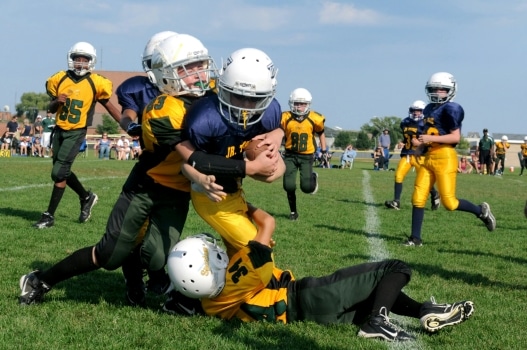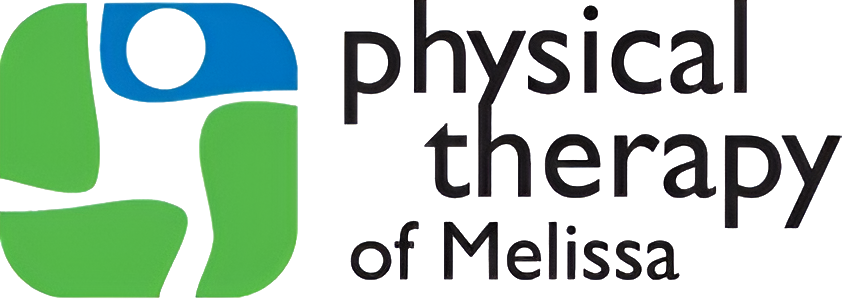concussion - The Signs and Symptoms To Look Out For
There are many symptoms related to concussion, and they can affect your physical, emotional, and mental well-being. Some symptoms occur immediately, some a few hours after the injury, and some show up months or years after a concussion.
It is important to seek medical treatment immediately following any head injury. The risk of death or permanent brain damage from a concussion can be minimized by immediate and appropriate treatment from health care providers, like a physical therapist. Only health care providers have the knowledge and training to identify concussion in the maze of symptoms that can occur following a head injury.
what is a Concussion?
Concussions are a rising injury to athletes and non-athletes alike. Motor vehicle accidents, falls, work injuries and sports activities can cause injuries resulting in concussion symptoms. More people are playing contact sports and the rates of concussions are rising among student-athletes from grade school to college level. After an injury, approximately 90% of those diagnosed with a concussion will return to normal activities without medical interventions. The other 10% of concussions will be diagnosed with Post-Concussion Syndrome and can experience the following symptoms.
- Visual problems
- Light sensitivity
- Nausea/Vomiting
- Dizziness
- Attention problems
- Fogginess
- Fatigue
- Trouble sleeping
- Irritability
- Cognitive slowing
- Balance Issues
Treatment by a physical therapist who specializes in concussion management has been shown to have a positive impact at reducing the above symptoms at a quicker rate than non-intervention.
Some concussion symptoms do not go away in the expected time frame. These symptoms may need further testing and treatment by a team of health care providers, including a physical therapist at Physical Therapy of Melissa in Melissa, TX.
Request A Call Back from a Physical Therapist
If you’re not quite ready to book an appointment yet and have some questions you would like answered first, click the link below to complete a form to get the conversation started.


Interesting facts about concussions
- A concussion is the most common type of brain injury sustained in sports.
- Concussions typically do NOT appear on MRIs or CT scans.
- An estimated 1.6 – 3.8 million sports and recreated related concussions occur in the U.S. each year.
- Among children/youth ages 5-18 years, the five leading sports or recreational activities that account for concussions include bicycling, football, basketball, playground activities, and soccer.
how can a physical therapist help?
treatments may include
Your physical therapist will help you and your family understand why you should limit any kind of activity (daily tasks, work, school, sports, recreation, the use of electronics) after a concussion, until it is safe to return to these activities. A period of rest helps the brain heal and helps symptoms clear up as quickly as possible. Your physical therapist will prescribe the rest and recovery program most appropriate for your condition.
The physical and mental rest required after a concussion can result in muscle weakness, and a decrease in physical endurance. Your physical therapist can help you regain your strength and endurance when the right time comes, without making your concussion symptoms worse. It is common for elite-level athletes and fit “weekend warriors” to experience exercise intolerance with concussion and brain injury.
Your physical therapist will work with you to identify and treat your particular concussion symptoms.
Your physical therapist will design a therapeutic exercise program just for you, and closely monitor your symptoms as you participate in the program.
Your physical therapist will assess the different possible causes of your headaches and use specific treatments and exercises to reduce and eliminate them. Treatment may include stretches, strength and motion exercises, eye exercises, hands-on techniques like specialized massage, and the use of technologies such as electrical stimulation.
As symptoms ease and you are able to regain your normal strength and endurance without symptoms returning, your physical therapist will help you gradually add normal activities back into your daily routine. Your physical therapist will help you avoid overloading the brain and nervous system as you increase your activity level. Overloading the brain during activity after a concussion interferes with the healing of the brain tissue and can make your symptoms return.
Your physical therapist will help you return to your normal life and sport activities in the quickest and safest way possible, while allowing your brain to properly heal.
If you think you may have suffered a concussion, request a free screening from Physical Therapy of Melissa in Melissa, TX and get started on your recovery today.
